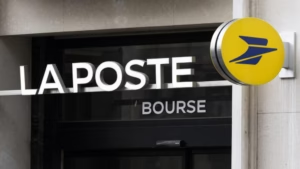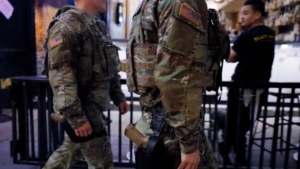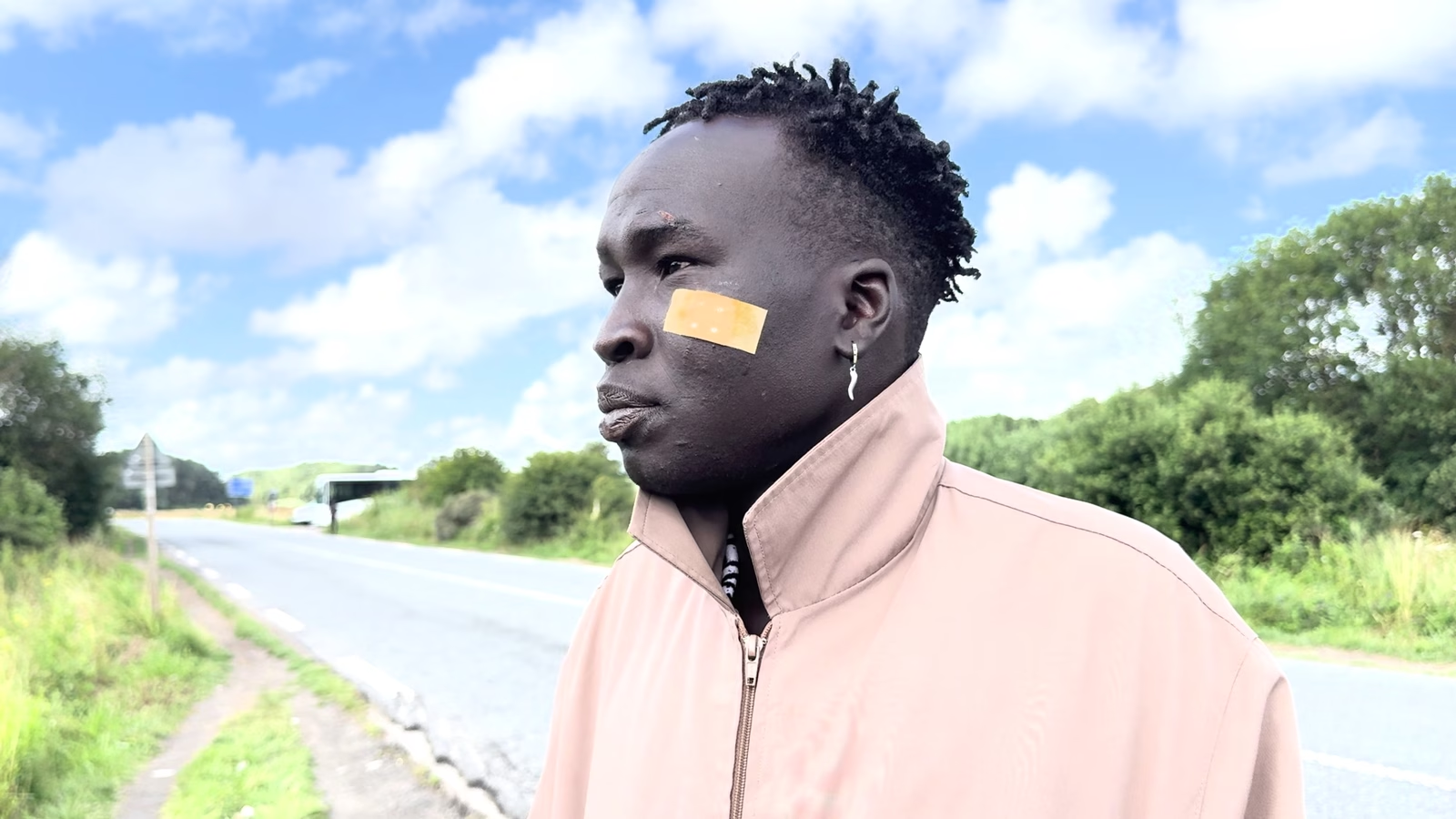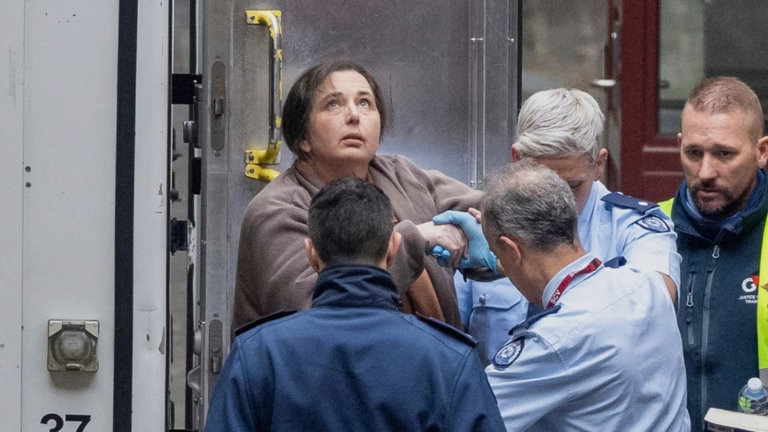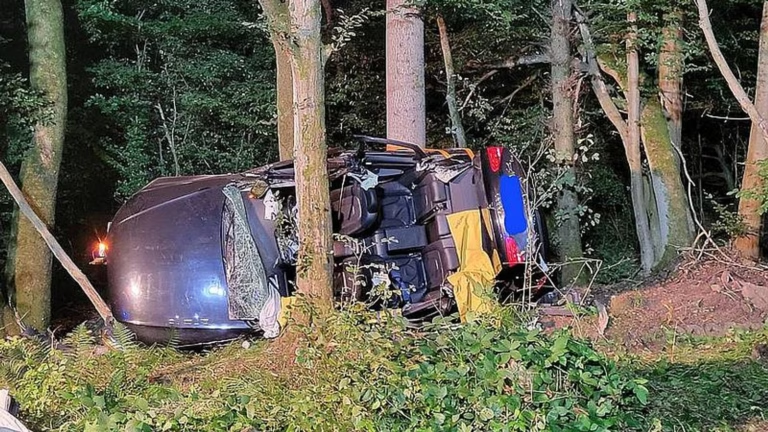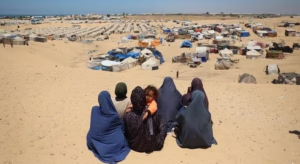While politicians discuss, numerous individuals from around the world are risking their lives to cross the Channel in small boats. But what motivates them?
Why undertake such a hazardous journey to reach a nation that appears increasingly hostile towards asylum seekers?
As British and French leaders convene with the small boat crossings at the forefront of their dialogue, we traveled to northern France in search of answers.
This inquiry, while not new, has regained pertinence.
Over the course of a morning spent near a migrant encampment in Dunkirk, we met migrants from Gaza, Iraq, Eritrea, South Sudan, Sri Lanka, and beyond.
Some are apprehensive, dismissing us; some are willing to converse. Very few consent to being filmed.
Except for one man—who asserts he is in the wrong place and wishes to seek asylum in Paris—all others express their intent to reach Britain.
They observe the serene seas, sense the gentle breezes—conditions deemed ideal for small boat crossings.
John hails from South Sudan. He informs me of his 18 years. He left his war-ravaged homeland just prior to his 16th birthday. He believes reaching Britain is his destiny.
“England is my dream country,” he proclaims. “Since school, it has been my dream. It is the nation that colonized us, and upon arrival, I will feel at home.
“In England, they can offer me the chance to succeed or pursue whatever I need in my life. I feel like an English child, born in Africa.”
The boat crossing is downplayed as a minor challenge—insignificant compared to the previous hardships of his journey to Britain.
A group of men from Gaza, determined to commence anew in Britain and ultimately bring their families, are among those we encounter.
A man, who left Gaza two years prior, shares that his son has since been shot in the leg, “yet there is no hospital for him to attend.”
Next to him, a man named Abdullah recounts entering Europe via Greece and residing there for months, only to be informed that Greek authorities would never permit him to reunite with his family.
Believing Britain to be more accommodating, Abdullah asserts, “Gaza is being destroyed—we require assistance.”
